
On the 24th of October 1963 the Lengende-Broistedt Iron mine became flooded with water after the walls of a nearby pond collapsed. The water then flooded the mine tunnels trapping 51 miners in areas that natural in air bubbles had formed.
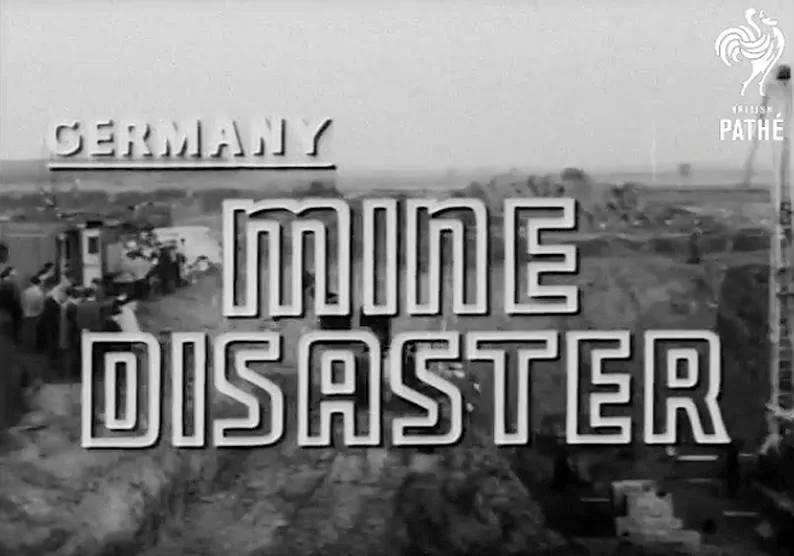
It soon became apparent that it would be extremely difficult to rescue the trapped miners due to their location being so far down and surrounded by water. The rescue mission was slow and laborious and 40 of the miners sadly died. Eventually, after 14 days underground, eleven miners were rescued. Today it is still called a miracle that any of the miners survived at all.
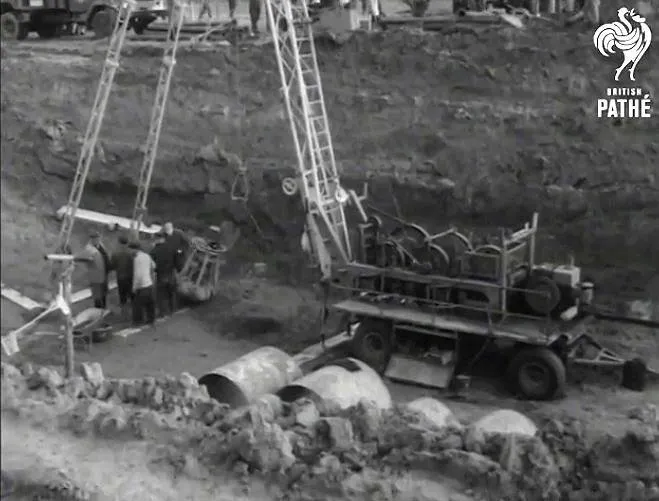
The terrible disaster caught the attention of the world´s media including the United Kingdom. One particular British person was so captured by the story that it lead him to create a children’s television series that became the most popular children's TV show for the next two decades. This man was called Gerry Anderson and the TV show he created was called Thunderbirds.
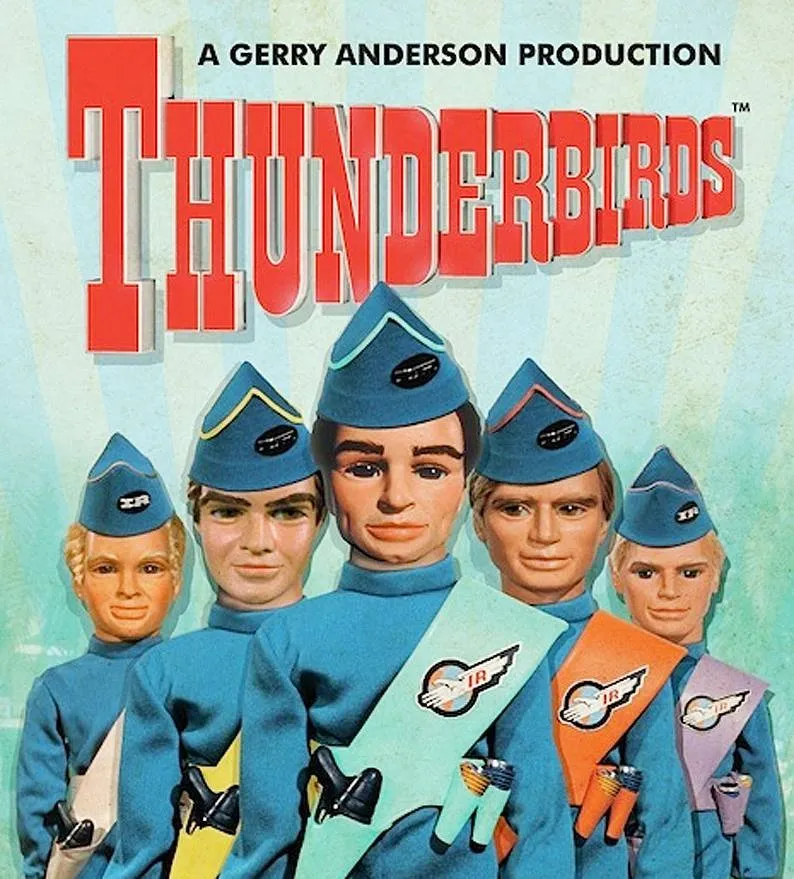
Gerry Anderson began to wonder why there was no international rescue organisation that could be called upon in such disaster situations. An organisation that would have no political, racial or religious agenda but was merely there for the soul purpose of saving lives. He came up with the idea of creating a fictitious family called “Tracy” who owned an island somewhere in the Pacific. The head of the family was Jeff Tracy who was an ex American astronaut who had somehow become a multi-millionaire. In a shear act of pure altruism Jeff Tracey, together with his sons, decided to invest in converting an island into a base that would hold fantastic aircraft and machines designed to tackle any imagined disaster situation.
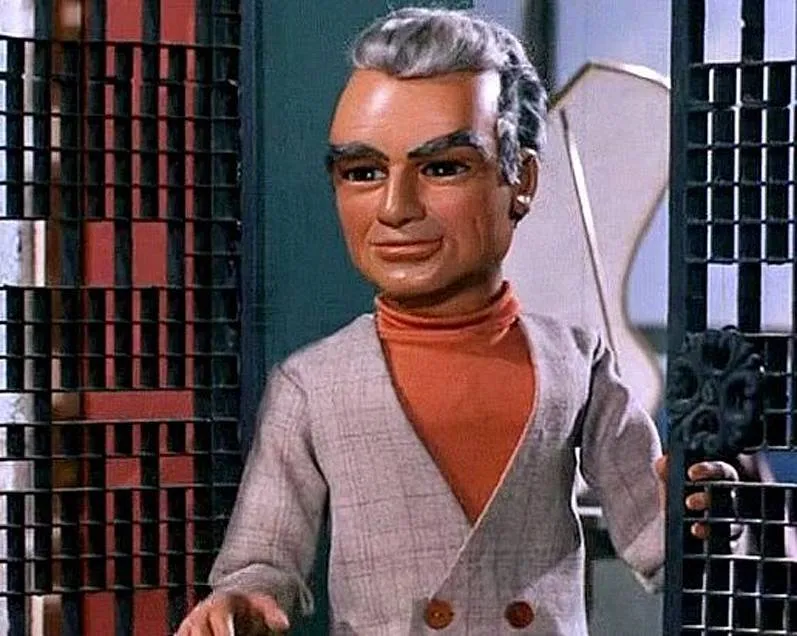
These machines/aircraft would be called “Thunderbirds” with one Thunderbird being in earth’s orbit constantly monitoring distress signals. "Calling international rescue....callng International rescue".
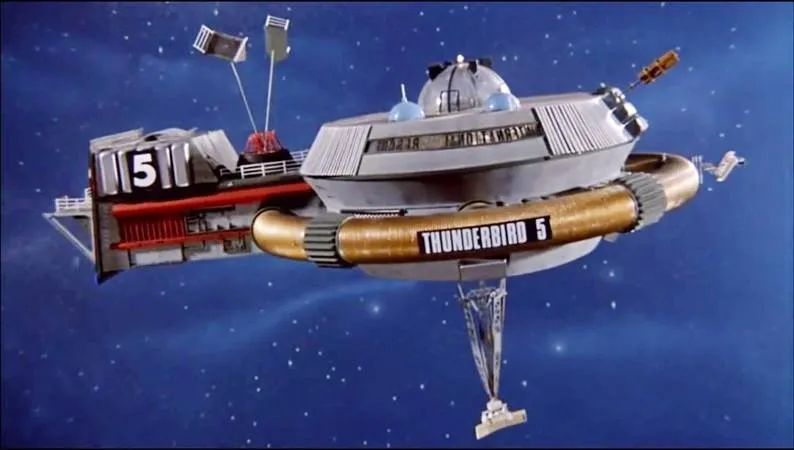
In 1965, two years after the German Mine disaster, the TV series “Thunderbirds” was launched onto the British Tv viewing public and was greeted with unprecedented success.
As a child of the 60s myself I grew up with Thunderbirds and owed several Thunderbird model toys as did millions of other children.
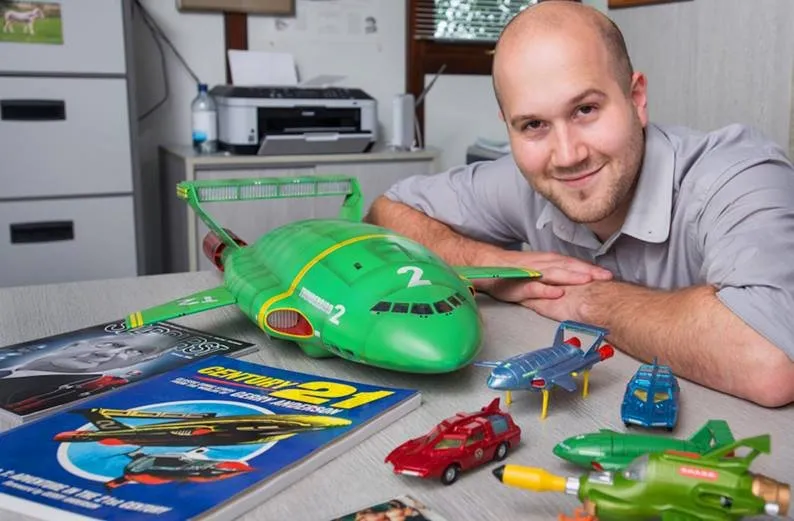
A few days ago I stumbled upon an episode of the series which was actually a reconstruction of the German mine disaster and here we get to see just how such an international rescue organisation could or would have managed the situation. Fabulous giant drilling machines and earth moving machines quickly got to where the miners were trapped. The international rescue team also worked together with the local town with then using helicopters to take the wounded miners to hospital. As usual the situation was tense but in the bed alls well that ends well.

Watching this episode again inevitably brought back wonderful memories. However, as I enjoyed the nostalgia, my smile suddenly changed to one of being rather sad and serious. The reason being because I also remembered thinking as a young boy that such an International rescue organisation was real. To my innocent naive child mind I thought that the world was a such wonderful place that such an organisation simply must exist. The world was a place in which the number one motivation in society was to respect human life. All human life, in spite of race, religion or country. At least that is how I was raised by my parents to believe. I believed that human life transcended all petty differences. I so believed this that I went and asked my father how I could join the Thunderbird team when I became an adult. Realising that I was serious, he sat me down on his knee and told me that such an organisation was mere fiction. When he saw the sadness on my face he went on to say; “Perhaps by the time you become an adult there really will be an International Rescue”.

In theory, the fictitious billionaire astronaut Jeff Tracy created International Rescue because he was altruistic in nature. If we look up the word “altruism” in the dictionary we see it states:
“The selfless concern for the well-being of others” - the opposite of selfishness.
Today, 53 years after the first episode of Thunderbirds was aired, there are still as yet no signs of any such International Rescue organisation being formed in spite of the world having more millionaires than at any time in history with even a fair number of billionaires who have the wealth of entire countries.
Instead all I can see are the world's top 1% super rich holding onto their wealth more tightly than ever and respect for human life diminishing with each passing year.
And so, with a heavy heart, I was lead to wonder how and why the hope of wide eyed young boy dreaming of an altruistic future ended up being the very opposite? I guess hardened adults reading this might respond by saying that I was merely a child and thus naive about the world. But then if is the case, then I would ask them to explain why Mr Gerry Anderson, who at age thirty six, came up with the idea of such an organisation in the first place? But perhaps Mr Anderson was somewhat more realistic than I, for the world in which Thunderbirds was set was in the year 2065, some 47 years in the future. So perhaps I should not give up hope just yet. As for Gerry Anderson himself, he died in 2012 at the age of 83 and so never go to see his idea come to pass either.
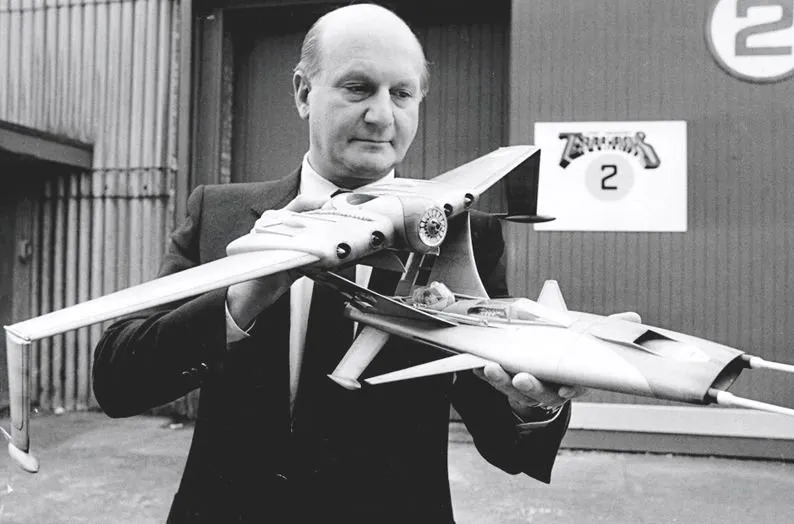
But I for one salute the man with all my heart for ever bringing fourth this wonderful altruistic idea to generations of children who, at least for a brief period of their lives, believed that world was a better place than it really is.